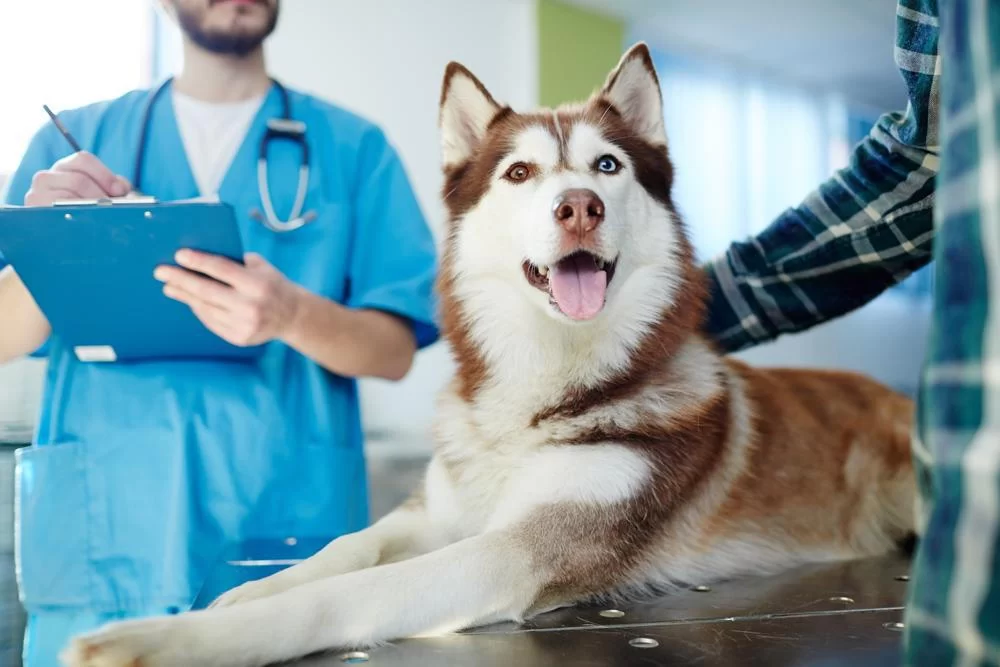Pet Surgery Consultations: What to Expect and How to Prepare for Your Pet's Surgery
- 1. Understanding Pet Surgery Consultations
- 2. Why Pet Surgery Consultations Are Crucial
- 3. How to Prepare for Your Pet’s Surgery Consultation
- 4. Post-Surgery Care: What You Need to Know
1. Understanding Pet Surgery Consultations
Pet surgery consultations are essential for ensuring that both you and your veterinarian are fully prepared for any surgery your pet might need. These consultations give you an opportunity to ask questions, learn about the surgical procedure, and understand the risks involved. Whether your pet requires a minor surgery or a more complex procedure, a consultation will help both you and your veterinarian make informed decisions about your pet's care.
For instance, when Lisa’s dog, Max, required knee surgery, she was nervous about the procedure. After a detailed consultation with the vet, she felt much more confident about the surgery and its potential benefits for Max’s mobility.
2. Why Pet Surgery Consultations Are Crucial
Pet surgery consultations are not only a chance to gather information; they are also crucial for identifying any underlying health conditions that could affect the success of the surgery. During a consultation, the veterinarian will perform a thorough physical examination and may recommend pre-surgery testing (such as blood work or imaging) to ensure your pet is healthy enough for surgery.
Consultations also allow you to discuss anesthesia options, post-operative care, and pain management, which are all essential for a smooth recovery. For example, when Joe took his cat Bella in for surgery to remove a tumor, the consultation helped him understand the anesthesia protocol, what to expect during recovery, and how to monitor Bella for any complications afterward.
3. How to Prepare for Your Pet’s Surgery Consultation
Preparation for a pet surgery consultation can help make the experience smoother and more informative. Here are a few tips for getting ready:
- Gather medical records: Bring any previous medical records, including vaccination history, test results, and past surgeries. This information helps the vet assess your pet’s overall health.
- List questions: Write down any questions or concerns you may have about the surgery, the risks involved, or the recovery process. This ensures that you leave the consultation with all the information you need.
- Prepare for pre-surgery testing: The vet may recommend tests before surgery, so be ready to schedule them and follow any instructions related to fasting or medication.
For example, Karen brought her dog Buddy to a surgery consultation for a dental procedure. She came prepared with a list of questions about anesthesia risks and recovery time, which made her feel more confident in the decision-making process.
4. Post-Surgery Care: What You Need to Know
After your pet undergoes surgery, proper post-surgery care is essential for a successful recovery. Here are some key points to keep in mind:
- Follow the vet’s instructions: Your veterinarian will provide detailed instructions regarding pain management, wound care, and activity restrictions. Adhering to these guidelines ensures your pet heals properly.
- Monitor for complications: Be on the lookout for signs of infection or complications, such as swelling, discharge, or unusual behavior. Contact the vet immediately if you notice anything concerning.
- Limit activity: Depending on the surgery, you may need to restrict your pet’s movement to prevent injury. This may mean using a crate or keeping your pet in a confined space for a few days.
John’s dog, Daisy, underwent surgery to remove a cyst, and following the vet’s post-surgery instructions helped her recover without any issues. John made sure to keep Daisy’s activity level low and closely monitor her wound, which healed well without complications.
If your pet is scheduled for surgery or you need more information about pet surgery consultations, visit Hidden Brook Veterinary for expert advice, support, and care for your furry friends.










